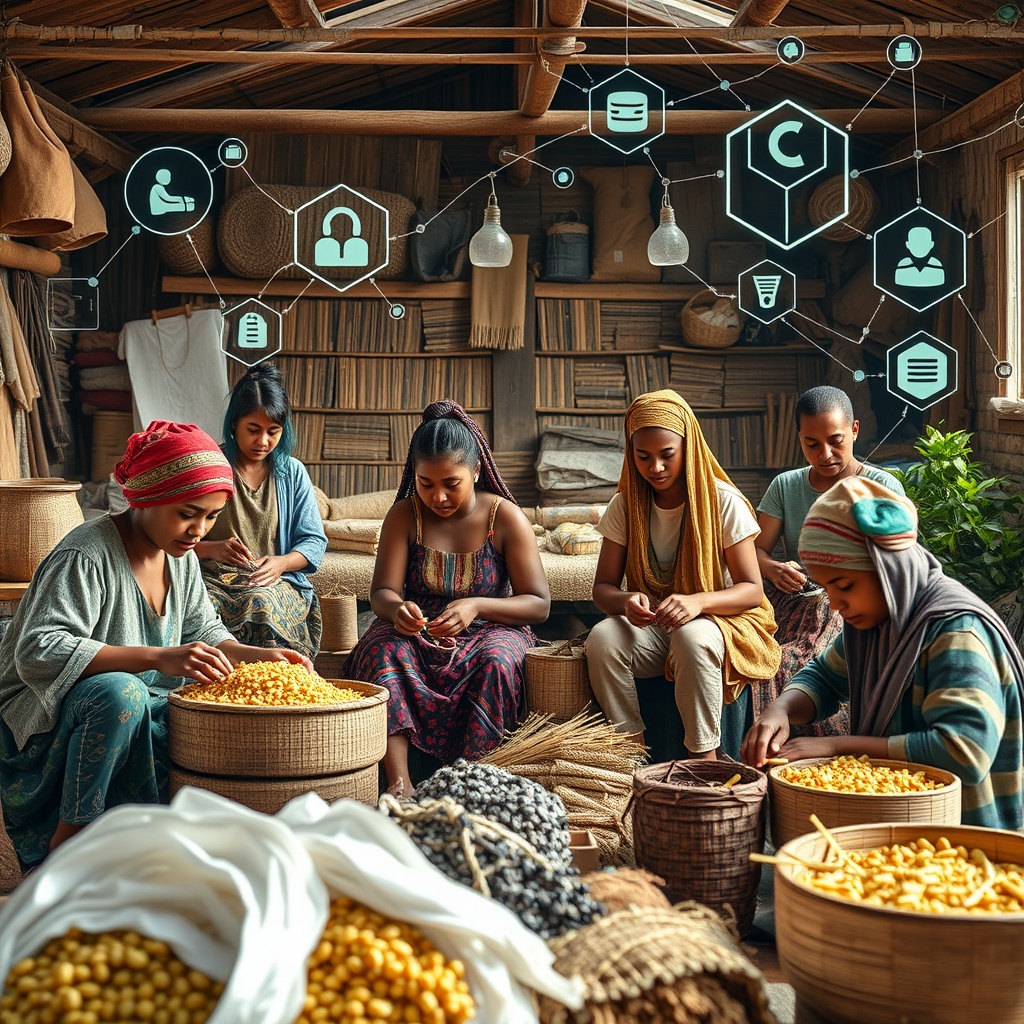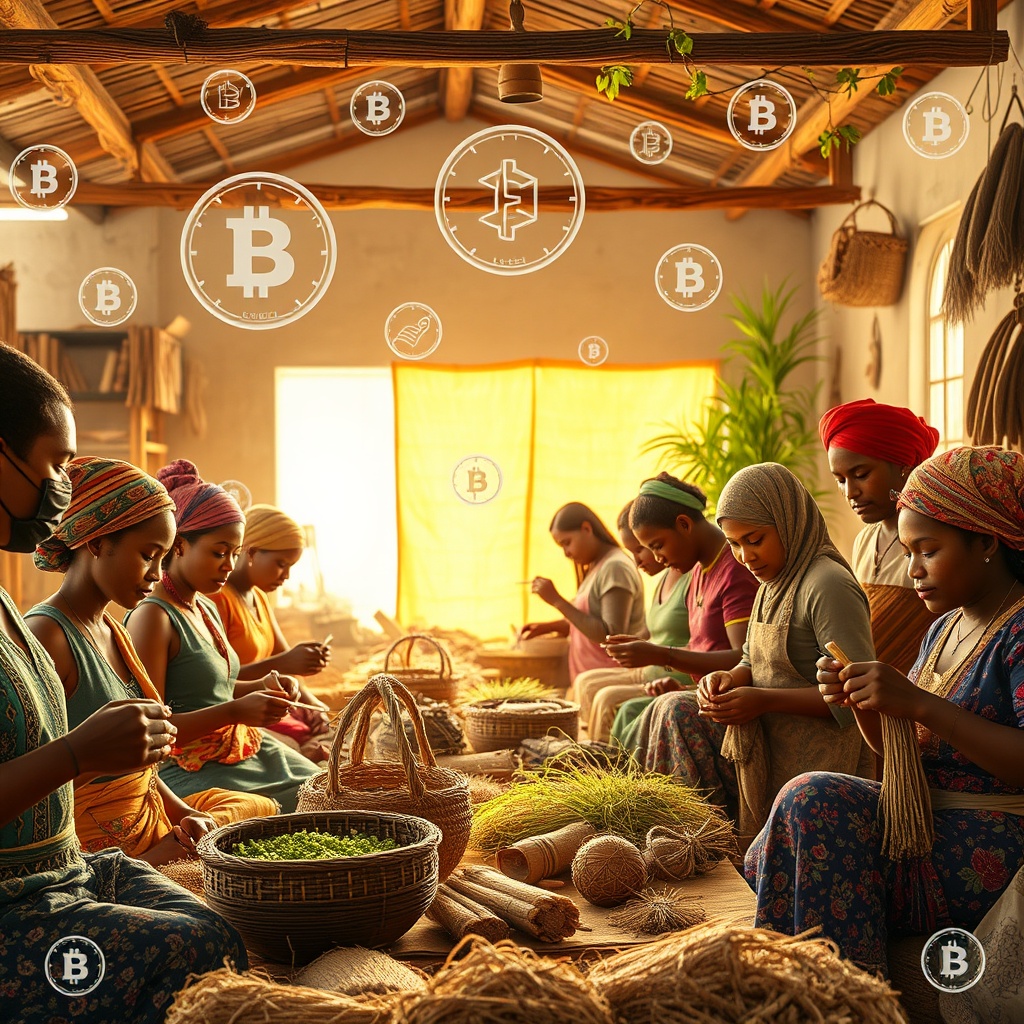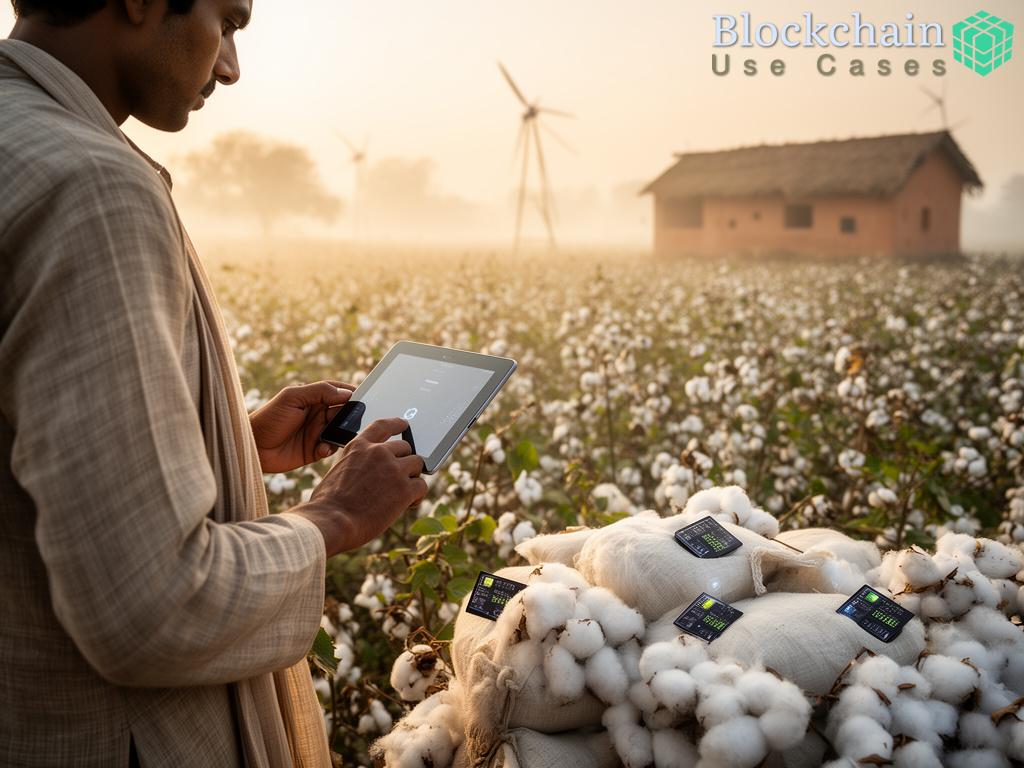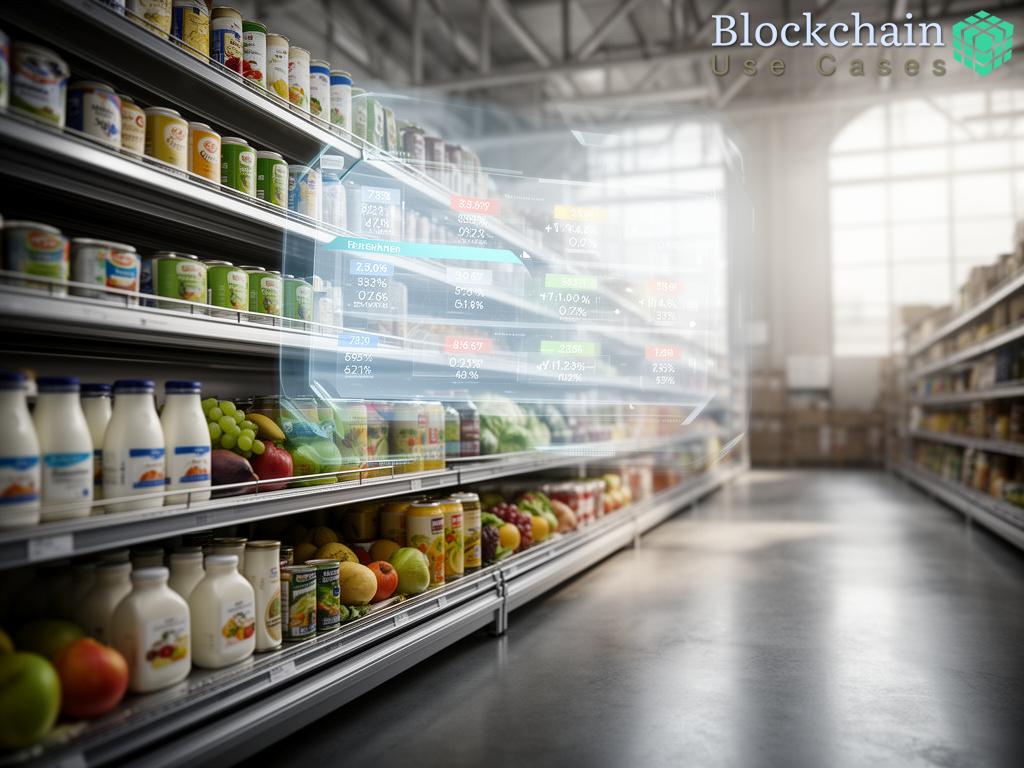Unveiling Transparency in Supply Chains

In an era where consumers increasingly demand transparency regarding the origins of their products, blockchain technology emerges as a revolutionary force. By creating an immutable ledger that records every transaction, blockchain ensures that every step of the supply chain is visible and traceable. This level of transparency empowers consumers to make informed decisions and allows companies to uphold ethical sourcing practices.
With the ability to trace a product’s journey from source to shelf, blockchain technology helps in validating claims of fair trade and ethical sourcing. Imagine a world where you can scan a QR code on your coffee bag and instantly learn about the farmers who harvested the beans, their working conditions, and the price they received. This is not just a dream but a reality being shaped by blockchain.
Empowering Producers and Consumers Alike
Blockchain does not just benefit consumers; it also empowers producers by ensuring they receive fair compensation for their goods. Traditionally, farmers and artisans in developing regions are often at the mercy of intermediaries who take a substantial cut of their profits. By utilizing blockchain, producers can directly connect with consumers, eliminating middlemen and ensuring a larger share of profits reaches those who crafted the product.
This shift not only enhances the livelihoods of producers but also fosters a sense of community and trust. As consumers increasingly seek to support ethical practices, the direct connection facilitated by blockchain fosters a community spirit, allowing consumers to feel good about their purchases knowing that their money supports fair trade.
Navigating Challenges with Innovative Solutions
While blockchain presents numerous advantages for ethical sourcing and fair trade practices, it is not without challenges. Issues such as technological barriers, lack of awareness, and data privacy concerns need to be addressed for widespread adoption. However, innovative solutions are emerging to tackle these challenges head-on.
For instance, partnerships between tech companies and agricultural cooperatives are being formed to educate producers on how to use blockchain effectively. Additionally, initiatives are being developed to ensure that data remains secure while still being accessible to consumers. The adaptability of blockchain technology means that it can evolve to meet the needs of various stakeholders in the supply chain.
Key Benefits of Blockchain in Ethical Sourcing
Here are some of the standout benefits of integrating blockchain into ethical sourcing:
- Enhanced Transparency: Every transaction is recorded and verifiable.
- Direct Connections: Producers can sell directly to consumers, reducing costs.
- Increased Trust: Consumers can verify product claims through blockchain.
- Fair Compensation: Producers receive a more equitable share of profits.





